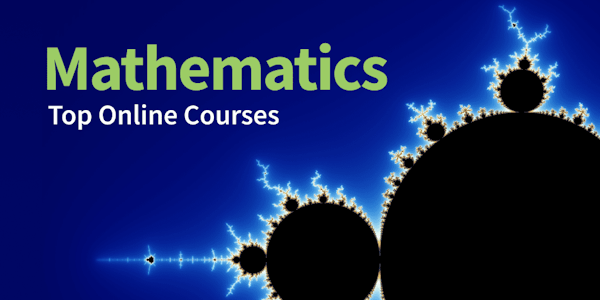This course by Imperial College London is designed to help you develop the skills you need to succeed in your A-level further maths exams.
You will investigate key topic areas to gain a deeper understanding of the skills and techniques that you can apply throughout your A-level study. These skills include:
- Fluency – selecting and applying correct methods to answer with speed and efficiency
- Confidence – critically assessing mathematical methods and investigating ways to apply them
- Problem-solving – analysing the ‘unfamiliar’ and identifying which skills and techniques you require to answer questions
- Constructing mathematical argument – using mathematical tools such as diagrams, graphs, logical deduction, mathematical symbols, mathematical language, construct mathematical argument and present precisely to others
- Deep reasoning – analysing and critiquing mathematical techniques, arguments, formulae and proofs to comprehend how they can be applied
Over eight modules, you will be introduced to
- complex numbers, their modulus and argument and how they can be represented diagrammatically
- matrices, their order, determinant and inverse and their application to linear transformation
- roots of polynomial equations and their relationship to coefficients
- series, partial fractions and the method of differences
- vectors, their scalar produce and how they can be used to define straight lines and planes in 2 and 3 dimensions.
Your initial skillset will be extended to give a clear understanding of how background knowledge underpins the A-level further mathematics course. You’ll also be encouraged to consider how what you know fits into the wider mathematical world.



